
child health
-
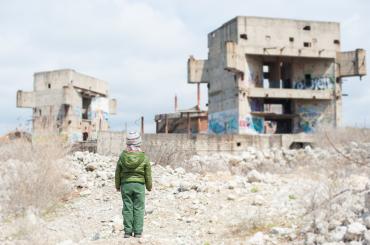
Witnessing violence during pregnancy worsens children’s health in conflict zones
Evidence from Iraq demonstrates that exposure to violence before birth, and the associated stress experienced by mothers, is linked to significant developmental challenges for children, shedding light on similar issues faced in other conflict zones.
-

Herbicides widely used in agriculture increase infant mortality
The use of glyphosate in Brazilian agriculture led to a deterioration of birth outcomes in surrounding populations
-
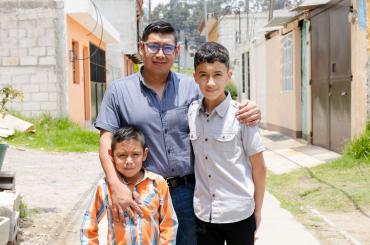
Can at-scale parenting interventions effectively reduce violence towards children?
A free intervention in El Salvador aimed at addressing stress-management and parenting for caregivers, and delivered through SMS, lowered women’s use of violence towards children but worsened male caregiver’s mental health and lowered their interactions with children
-

How did child health respond to trade shocks in Brazil?
Evidence on trade shocks in Brazil shows that, despite reducing household incomes, child health improved in hard-hit areas as parents, particularly mothers, had fewer labour market opportunities outside the home and therefore more time to invest in their children
-
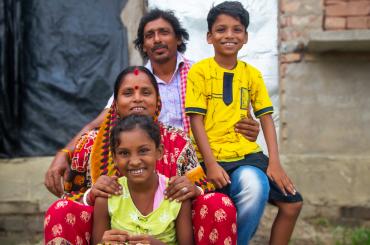
Ten facts about son preference in India
Gender gaps in child health have narrowed in India, but important gaps remain both for girls and younger brothers, and sex-selective abortion poses a new challenge
-
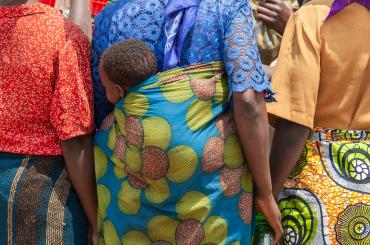
Does empowering women to communicate at home improve child health outcomes?
Adding communication skills training to health classes for mothers in Uganda increased women’s voice in household decisions but not sufficiently to generate transformative impacts on most child health outcomes
-

Dengue infections in-utero and the health of children
Maternal dengue infections decrease birth weight, increase the risk for low birth weight and the number of hospitalisations of children in the first three years of life
-

The impacts of parental job loss and job insurance policies on children: Evidence from Brazil
Parental job loss has significant negative effects on children, which can be partly mitigated by access to unemployment insurance
-
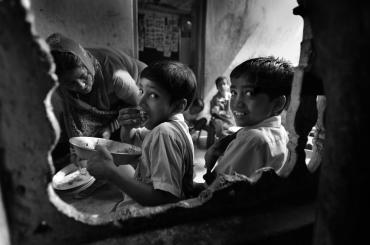
The hidden costs of layered school-based interventions: Evidence from India
Governments commonly use school infrastructure to implement programmes targeting child health, but additional programmes can overwhelm administrative capacity and crowd out the delivery of existing programmes.